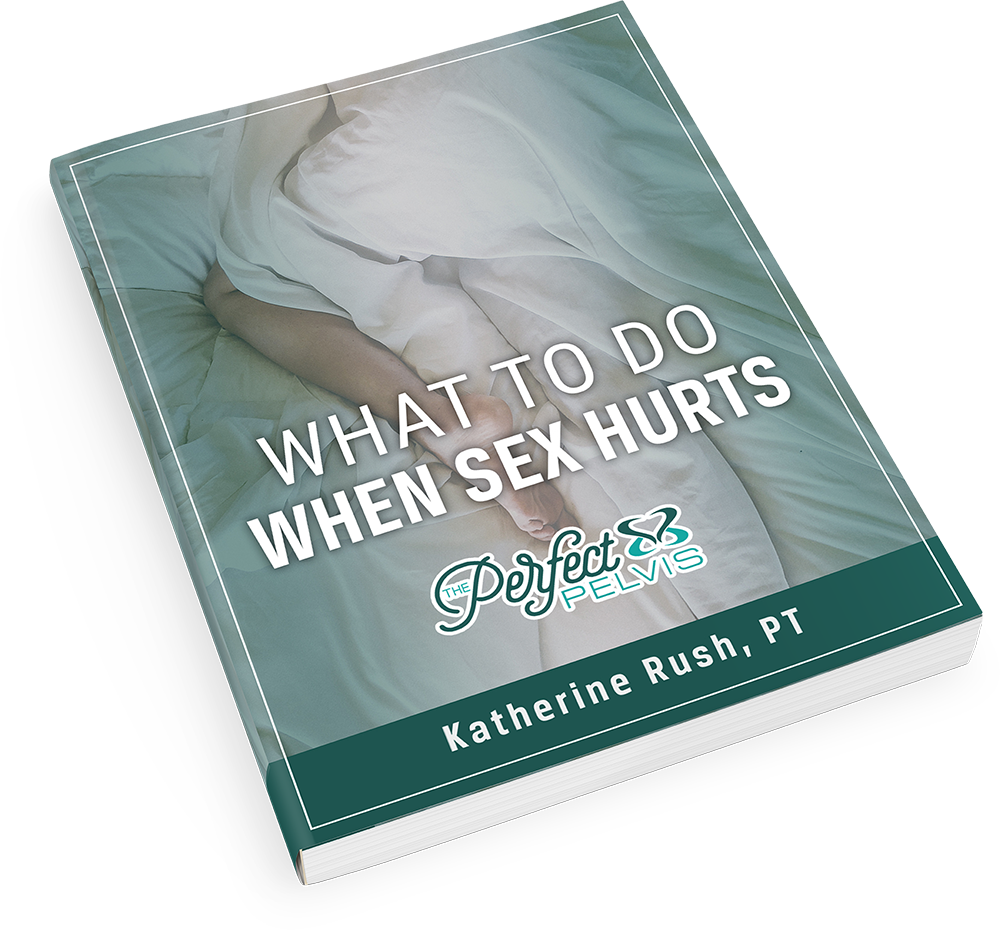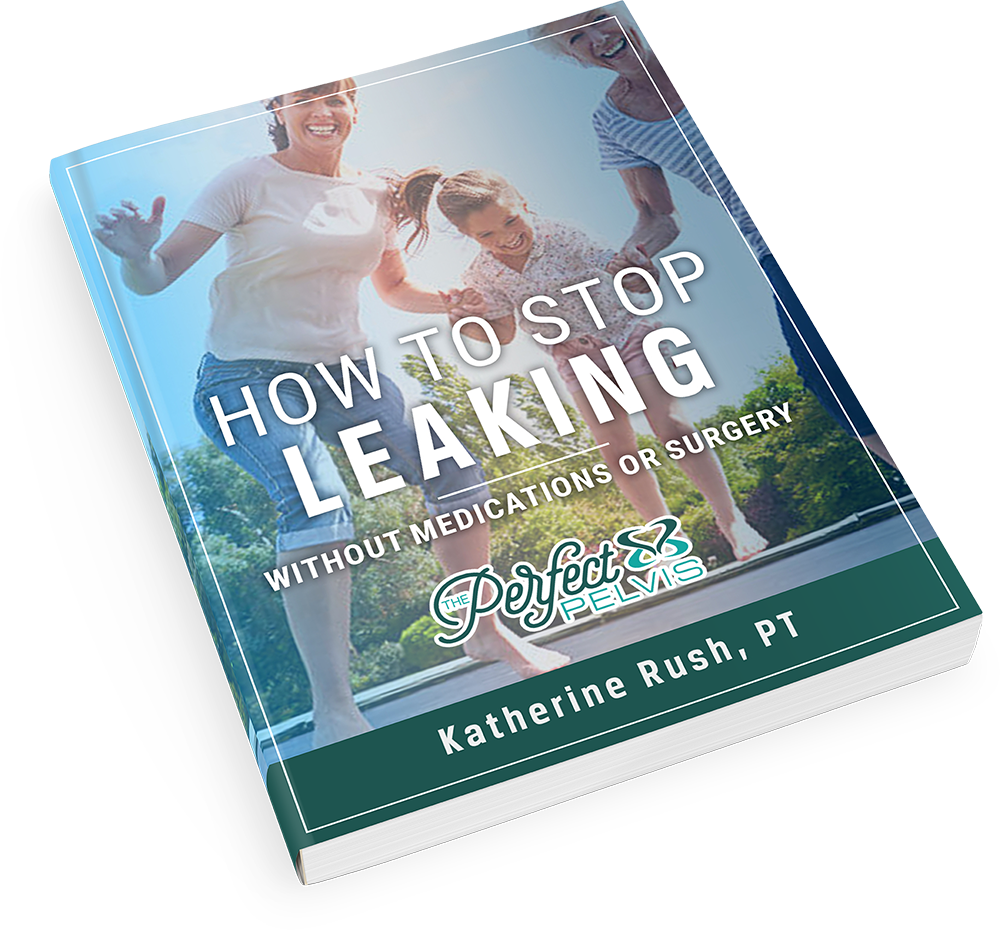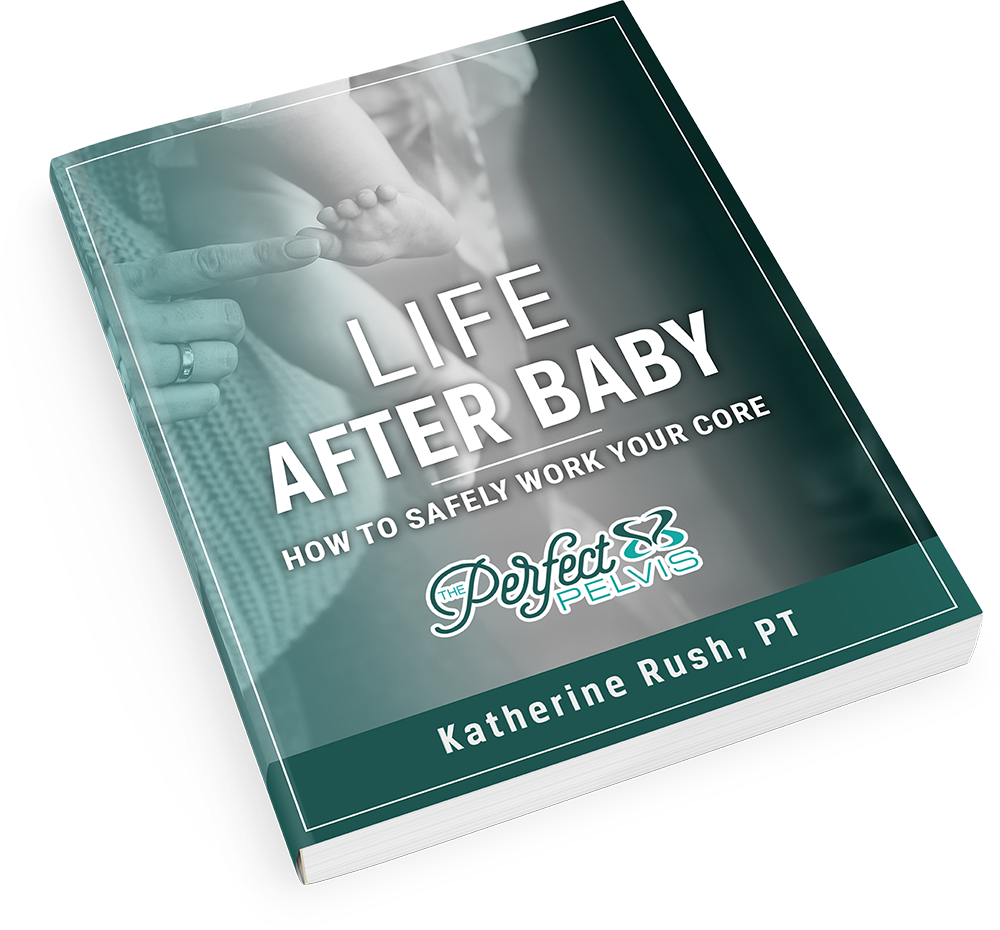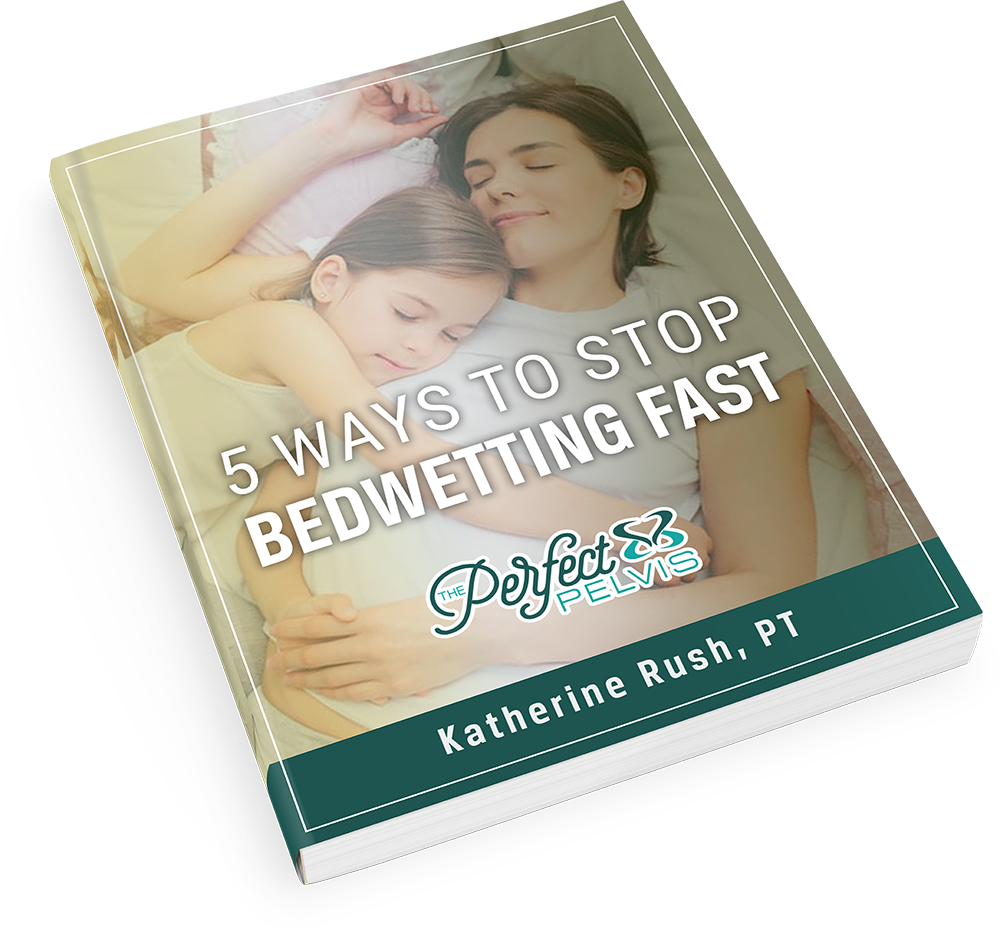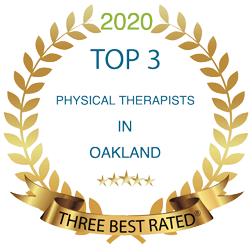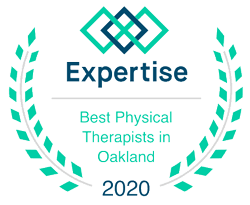The postpartum recovery period is an important time for new moms and their families. During this critical period, a woman’s body will be healing from the physical demand of pregnancy and childbirth. In this blog, we will be talking about 5 Pelvic Floor Recovery Tips For Postpartum.
It is essential that women prioritize self-care during this period to not only promote optimal health but also help them adjust to their new roles as mothers.
For many women, pregnancy and childbirth can put significant strain on the pelvic floor muscles. The pelvic floor muscles play a vital role in supporting organs such as the bladder and uterus, as well as aiding in controlling bladder and bowel movements.
During pregnancy and delivery, these muscles face increased pressure which may lead to weakened or overstretched muscles postpartum. This can cause issues such as urinary incontinence and pelvic organ prolapse, which can significantly affect a woman’s quality of life.
To help prevent and manage these issues, it is important for women to undertake postpartum rehabilitation under the guidance of a qualified physical therapist. The therapist will assess the strength and function of the pelvic floor muscles and provide personalized exercises to help restore the muscles’ health.
Additionally, they will provide advice on lifestyle changes such as diet and exercise to help with postpartum recovery.
By taking care of themselves during the postpartum period, mothers can not only recover from physical strain but also better prepare for their new role in life. With proper guidance and support, women can safely return to full physical activity while protecting their bodies from long-term issues.
5 Pelvic Floor Recovery Tips For Postpartum
1. Pelvic Floor Exercises: Performing simple pelvic floor exercises can help strengthen the muscles around your pelvis and abdomen, making them more toned and stable. This will make it easier to recover from childbirth and reduce the risk of complications such as incontinence or prolapse in the future. To do these exercises, lie on your back with both legs bent at a 90-degree angle, then contract and release the muscles around your pelvis repeatedly for 10 seconds each time.
2. Diet Modifications: Eating a healthy diet can help with postpartum recovery by providing you with all the nutrients you need to ensure that your body is recovering properly. Eat plenty of vegetables, complex carbohydrates, lean proteins, fruits, and healthy fats. Avoid foods that are high in sugar, sodium, or saturated fat, as these can contribute to weight gain and slow your recovery process.
3. Rest: Getting enough is essential for postpartum recovery. Aim get at least 8 hours of sleep per night and take regular naps during the day when you can. This will help your body heal faster and make it easier to manage any other activities you need to do throughout the day.
4. Stress Management: Managing stress levels is important for postpartum recovery because high levels of stress can interfere with how quickly your body recovers from childbirth. Take time for yourself each day by engaging in calming activities such as yoga, meditation, or deep breathing.
5. Pelvic Health Routines: Incorporate pelvic health routines into your day such as warming the area with a heating pad or cold pack, performing simple stretches, and taking time for relaxation techniques. These will help to keep your pelvic muscles relaxed and reduce any discomfort you may experience during the postpartum recovery process.
Physical Therapy Will Help In Pelvic Floor Recovery
Physical therapy plays an important role in postpartum recovery, helping to restore the body to its pre-pregnancy state. Physical therapists will use a combination of manual techniques such as massage and stretching, alongside other modalities including heat or cold treatment and electrical stimulation, to reduce pain and inflammation while increasing flexibility and strength.
This helps new mothers recover from physical issues related to pregnancy, delivery, breastfeeding, and caring for a newborn.
One issue that can benefit significantly from physical therapy is the pelvic floor. During pregnancy the muscles of the pelvic floor stretch to accommodate the growing baby; after birth they must return to their pre-pregnancy length in order for these muscles to function properly again.
A physical therapist can help with strengthening exercises that target the pelvic floor and core muscles, as well as providing guidance on proper posture, and breathing techniques.
Staying active and doing physical therapy is important for postpartum recovery. After delivery, new mothers should begin light activity such as walking or swimming to help increase circulation and reduce swelling.
As strength improves over time with regular physical therapy sessions, more intense activities such as running can be safely incorporated into an exercise routine. This not only helps strengthen the body further but also aids in regaining pre-pregnancy fitness levels.
Physical therapy plays a key role in helping new mothers return to life before pregnancy by reducing pain, increasing flexibility and strength, and providing guidance on maintaining proper posture and form when performing activities of daily living.
It is important for new mothers to stay active and do physical therapy regularly, as this will help them recover more quickly and get back to their pre-pregnancy lifestyle in no time.
Experiencing Changes During Postpartum and Have Questions About the Recovery Process
If you are struggling with pain or soreness that won’t go away, experience other issues mentioned above, or have questions about the postpartum recovery process, feel free to schedule a free phone consult, or contact us to arrange a $57 screening. You can also feel free to give us a call at 816.607.3747 (We still like to talk on the phone!)
We are offering a $57 postpartum screening which will help us begin the discussion the changes your body has or is experiencing after pregnancy and birth.
We love to keep people in Lee’s Summit, mobile, active, and off pain pills – let our expertise go to work for you to help you stay happy and healthy.
Don’t forget, you can schedule a no-obligation (and free!) phone consult or visit us at our Lee’s Summit clinic as part of your $57 screening visit. Or just give us a call at 816.607.3747.
We look forward to hearing from you,
Katy Rush, PT
Other Free Resources To Help With Postpartum Recovery
Download our free report – Life After Baby – How To Safely Work Your Core
Read our blog- What to Expect in Postpartum Recovery
Read out blog- 7 Exercises for Postpartum Recovery
Follow Us On Social Media – Facebook, Instagram, Twitter, and LinkedIn



